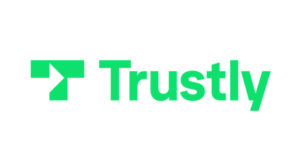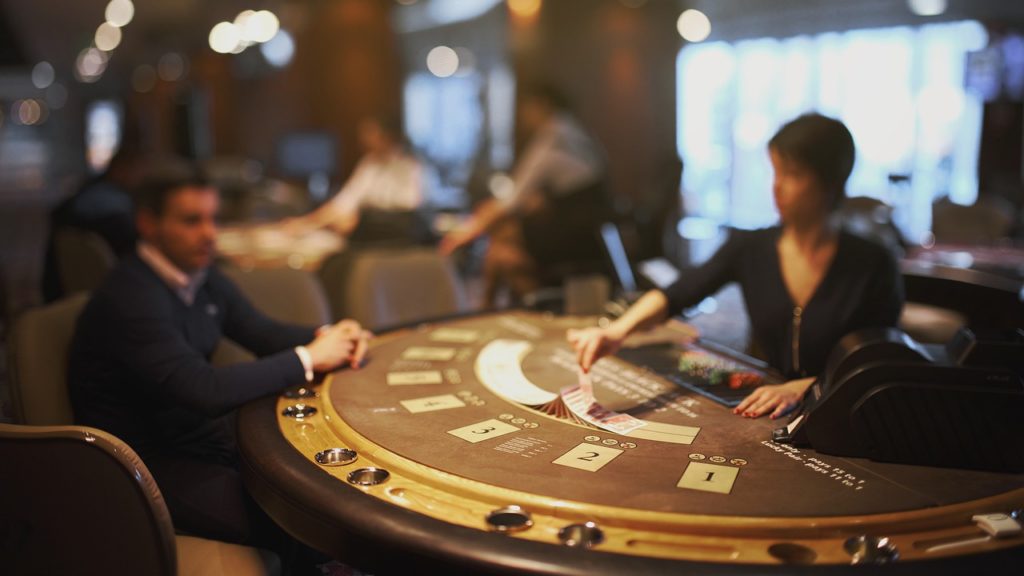Blackjack is one of those few casino games where strategy and chance come into play. And while there isn’t a way to control fate, you could improve your blackjack strategy with learning and practice.
One of the best blackjack strategies is to master the skill of double down.
Put simply, double down in blackjack games refers to doubling the bet in the middle of the game. Once you double the bet, the dealer will hand an extra card — but that will be your last.
Double down is risky, given you cannot hit again if you receive a low card. Be that as it may if you master this basic blackjack strategy — you can increase the initial by up to 100%.
That is why — knowing when to double down is considered as one of best blackjack strategies a beginner should master.
And although it may seem like all is in the hands of luck and chance, card counting strategy says otherwise.
Casumo Casino
100% up to €300 + 20 Bonus Spins on Book of Dead








Spin and Win Casino
100% up to £100 + up to 100 Bonus Spins on NetEnt Games





Swift Casino
100% up to €100/£100/$100 + 50 Bonus Spins on Book of Dead











LeoVegas Casino
€1,600 extra and 100 cash Free Spins Welcome Package










You can choose to double down after the first sets of the initial two cards are dealt. And depending on the initial sets of cards, you can choose to double down or not.
For context, there are only three scenarios where the option for double down in blackjack games gives the edge. Plus, the chances of you winning the hand is more than the dealer.
We have outlined the three best scenarios where double down is the way to go:
Hard 9 means having two cards that are equal to six (like 3 and 6, 2 and 7). But this excludes an ace card.
When you have an ace alongside 5, 6, or 7 and the dealer has low cards like 2, 3, 4, 5, or 6 — you have high chances of succeeding with doubling down.
Given you can account for the ace card for a 1 or 11, adding one more count could level up your chances of making it to 21 or the highest on the table.
Any combination that adds up to 10 or 11, like 2 and 8, 2 and 9, 3 and 7, 3 and 8, 4 and 6, 4 and 7, 5 and 5, or 5 and 6, gives you some extraordinary odds by doubling down.
But again, you will be careful that the dealer must have lower cards for this to work while you play blackjack. Given if the dealer has lower cards, they will have to hit until they reach 17, and this increases the chances of them going above 21.
Splitting is another basic blackjack strategy that beginners should master. It is easy to understand and favorable to the player. Of course, it is favorable in only some instances.
Split in blackjack is offered when you play blackjack and receive both the dealt cards of the same value.
When both cards dealt to you have the same value, you can choose to split them. This means you will receive two extra cards. But you must create a bet on the newly created hand equal to the original bet.
Splitting is beneficial depending on the dealer's card as well as yours when you play blackjack.
First, let’s see when to and when not to split depending on the cards you receive:
If you receive two aces — one will have the value of 10, and the other one will have the value of 1.
This means you must receive a higher card value like 9 to reach nearly 21.
So, it is best to split the cards and increase your chances of winning or, at least, not going bust.
Don’t forget that an ace has a value of 11. So already having a card equal to 11 on both hands increases the probability of winning at least one hand.
Anything above five increases the chances of going bust. Still, there is a wriggle room around odd numbers and even six.
But two eights means split — and remember that!
Two tens mean a very promising hand. And it does not make sense to split it. For context, getting a 20 means a probability of 9.67%, and splitting simply increases your chances of going bust.
Fours are never wrong! Regardless of the next card, the maximum value of all three cards will never exceed 19.
That equals 10 — one of the best hands to double down. Don’t split. Instead, opt to double down when you have two fives.

Doubling down is a basic blackjack strategy. But that doesn’t mean it is simple to master.
There are things that you should know before thinking about doubling down. As mentioned earlier, some scenarios — like doubling down when you have a hard 9 against the dealer's low cards — are favorable.
But that discusses only three highly favorable scenarios. As mentioned, doubling down is a blackjack basic strategy. This means there are other scenarios in which you can choose to double down.
Still, you should remember the perfect blackjack strategy like when to never double down, symbols to double down, and more.
The reason for this is simple. An ace increases the chances of getting blackjack if given the opportunity to add an extra card. And even if the dealer doesn’t have a higher sum, the chances of getting blackjack amplifies.
The reason, again, is simple. The chances of busting are high when you have a sum exceeding 11. You can choose to hit or stick with a lower card, hoping the dealer might go bust.
There are always players on the table that simply double down whenever they feel like it. And if you notice it, they are the ones losing significant money. This is because you shouldn’t always choose to double down. Retain the scenarios mentioned in the guide and act accordingly.
To double down, push an equal number of chips next to the equal bets.
Again, the doubling down means you will have to bet an amount equal to the original bet.
And in case the dealer doesn’t notice — rarely happens — simply tell the dealer that you intend to double down while playing the blackjack game.
Most online casinos have individual rules when it comes to doubling down or rules for individual online casino games that differ from traditional casinos. For instance, some online casinos only allow the online blackjack players to double down when they have an amount totaling 10 or 11.
Brick and mortar casinos in Vegas allow you to double down on any number. In fact, Las Vegas Rules allow the blackjack players to double down when playing the game of blackjack.
So, ensure to learn about the particular casino rules on doubling down before playing online blackjack.